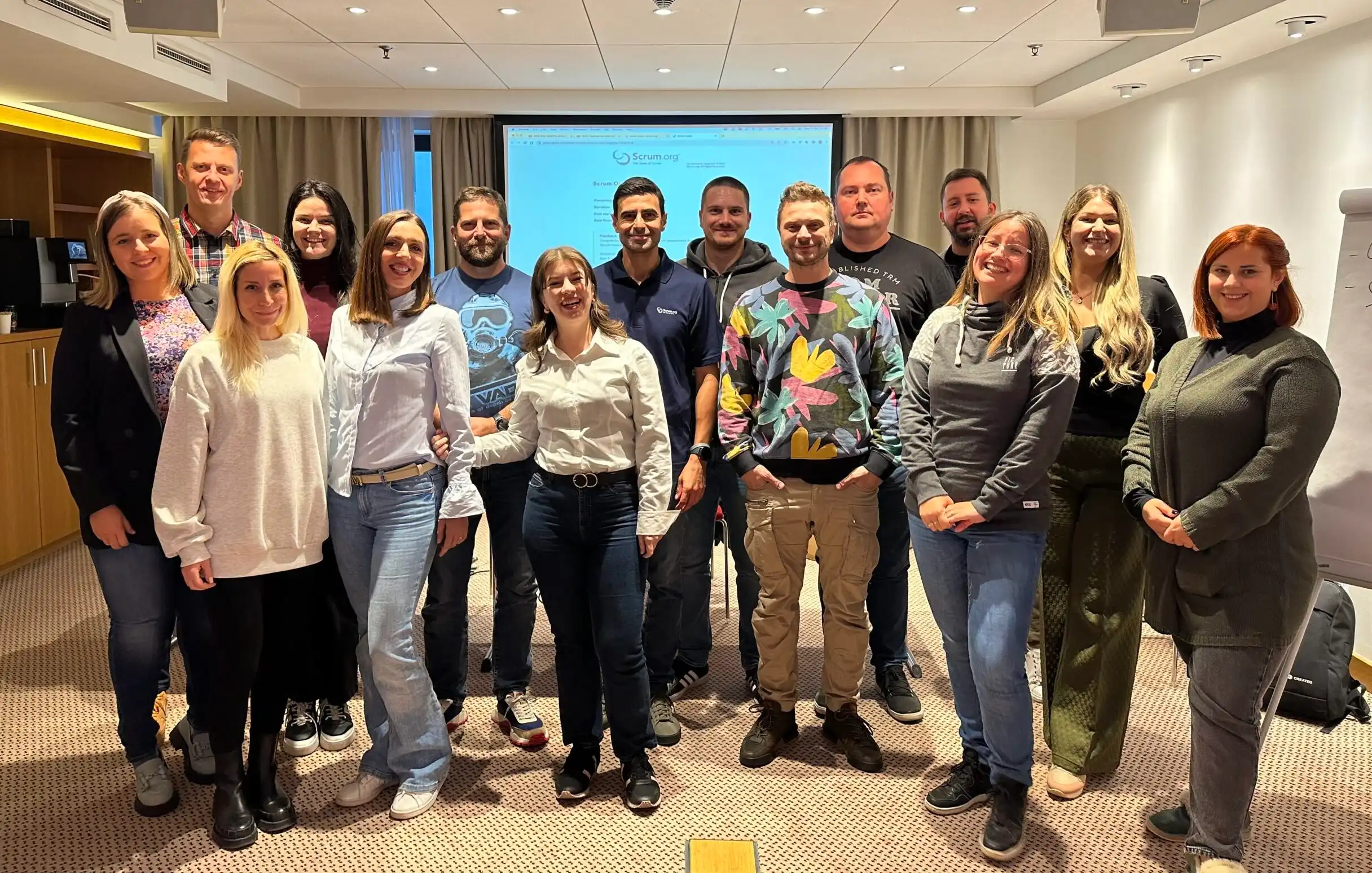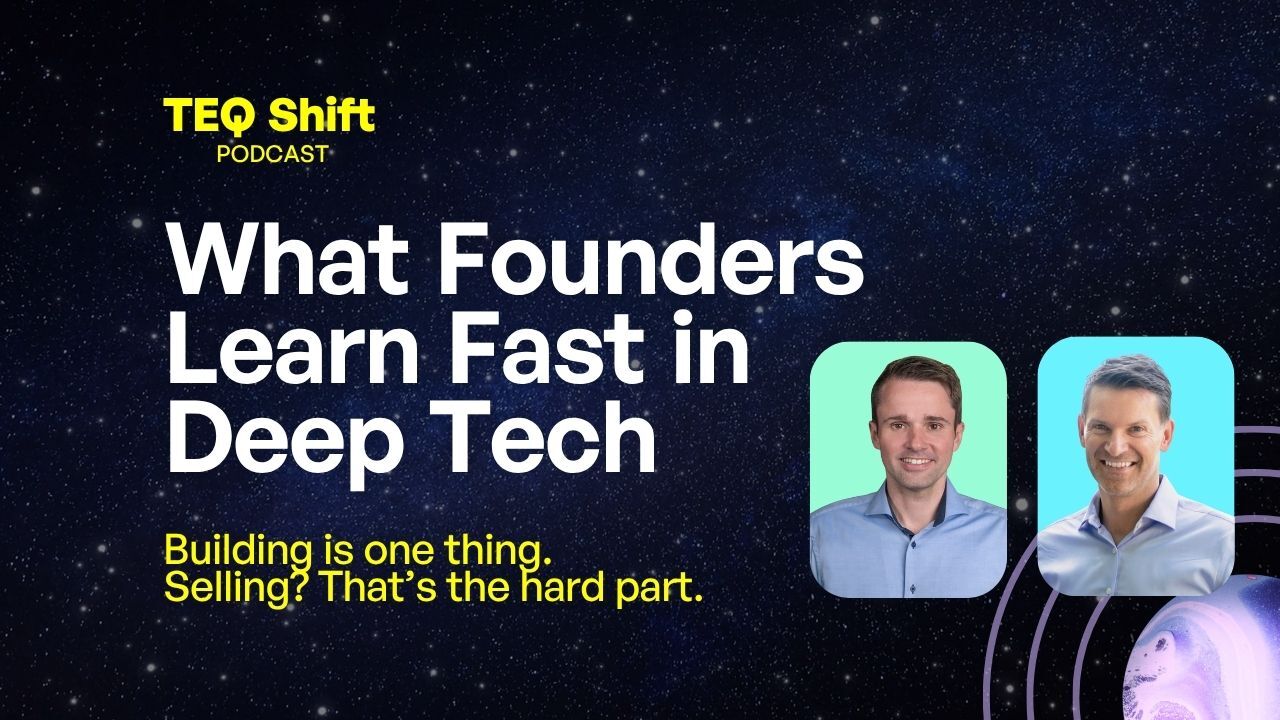In mission-critical industries such as aviation, energy, logistics, and banking, data is your most powerful asset. Yet it's often the most mismanaged. If you're a CTO, CIO, or tech-minded CEO, you've probably seen it yourself:
-
Data governance initiatives that move slower than the market
-
Teams drowning in policies, but starved for insights
-
Expensive tooling, low adoption
-
A backlog of use cases nobody knows how to prioritise
Sound familiar?
In a recent episode of the TEQ Shift Podcast, Markus Sontheimer (former CIO/CDO at DB Schenker, Deutsche Bank, and more) dismantled the myth of traditional data management. He laid out a pragmatic, outcome-driven transformation framework your organisation can actually use.
The Cost of Over-Formalised Data Strategies
Markus doesn’t pull punches:

"Data management is far too much driven like a formal thing... all the rest is just for the bookshelf."
Yes, roles like data steward and data owner are important. But if your data strategy stops there, it’s dead on arrival. Frameworks alone won’t deliver transformation. Business value does.
The typical enterprise mistake? Starting with policies instead of use cases, and waiting for the perfect structure instead of enabling quick wins. Markus calls this out as one of the biggest blind spots in modern tech leadership.
A Framework That Actually Works
Here’s how Markus reframes the challenge:
-
Start with Data You Already Have
Build momentum by using existing data. There’s no need to wait for a “clean” dataset.
-
Layer in Analytics + AI
Use modern AI tools to explore and enrich that data. Don’t wait for perfection. AI can uncover semantics, automate matching, and reveal opportunities faster than legacy processes.
-
Anchor to Business Use Cases
Bring in your commercial teams and co-create around real, tangible business goals such as customer insights, automation, risk reduction, and process acceleration.
-
Let the Structure Follow the Outcomes
Once value is proven, define governance, ownership, and rules. But do this only after traction is achieved. Formalisation should follow traction, not precede it.
For Leaders Who Want Real Impact
If you're building data products, modernising legacy platforms, or driving AI transformation, this mindset shift is critical:
-
Don’t over-engineer. Move fast with what you have.
-
Don’t isolate data teams. Partner them with business owners from day one.
-
Don’t lead with control. Lead with value. Then codify what works.
Markus’ approach is not anti-governance. It is pro-results. It’s about shifting from a compliance mindset to a collaboration mindset.
Final Thought: Activate, Don’t Archive
Data isn’t valuable because it’s managed. It’s valuable because it’s used.
Start small. Move fast. Build confidence. Then scale.
And if your data strategy still lives on a bookshelf, maybe it’s time to dust it off and start again.

-2.jpg)











